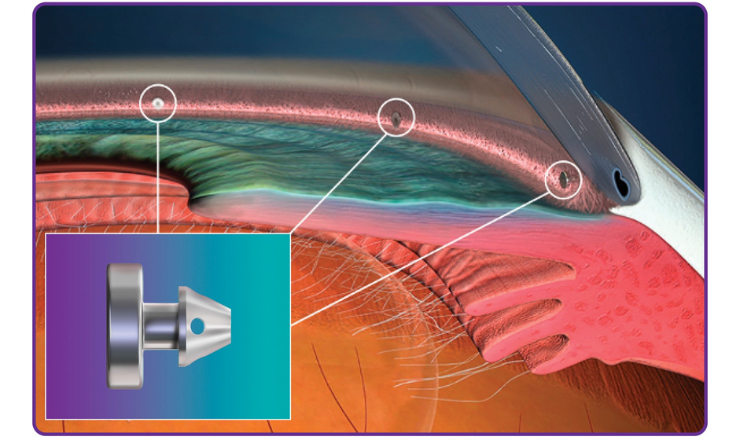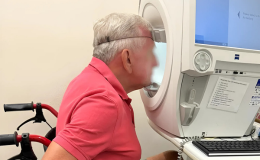
Researchers have used mice with nine different genetic backgrounds to identify factors influencing eye ageing, paving the way for eye-based diagnostics for neurodegenerative diseases.

Long-term variability in blood pressure may be associated with visual field (VF) progression in glaucoma patients, suggesting new considerations for managing this sight-threatening condition...

Researchers have found that a vitamin supplement that improves metabolism in the eye appears to slow down damage to the optic nerve in glaucoma.

Glaukos is pleased to announce the new addition to the iStent family – iStent infinite® is now available.

An Australian study found that visual field testing for glaucoma can be quite stressful and physically uncomfortable, but small changes like allowing breaks and improving patient education could make the experience better.

The Snow Medical Research Foundation and the University of Sydney have launched the AU$50 million Snow Vision Accelerator programme to develop innovative therapies for glaucoma.

Researchers at the University of New South Wales (UNSW) are conducting a project to find out about peoples’ priorities when choosing between different types of surgery.

A study from China suggests that high levels of 'good' cholesterol (HDL) may increase the risk of glaucoma, while higher levels of 'bad' cholesterol (LDL) and triglycerides could lower the risk, challenging traditional views on cholesterol and eye health.

The latest research proves that stress, anxiety, and depression can worsen glaucoma, harming a patient's mental health and impacting their quality of life...
